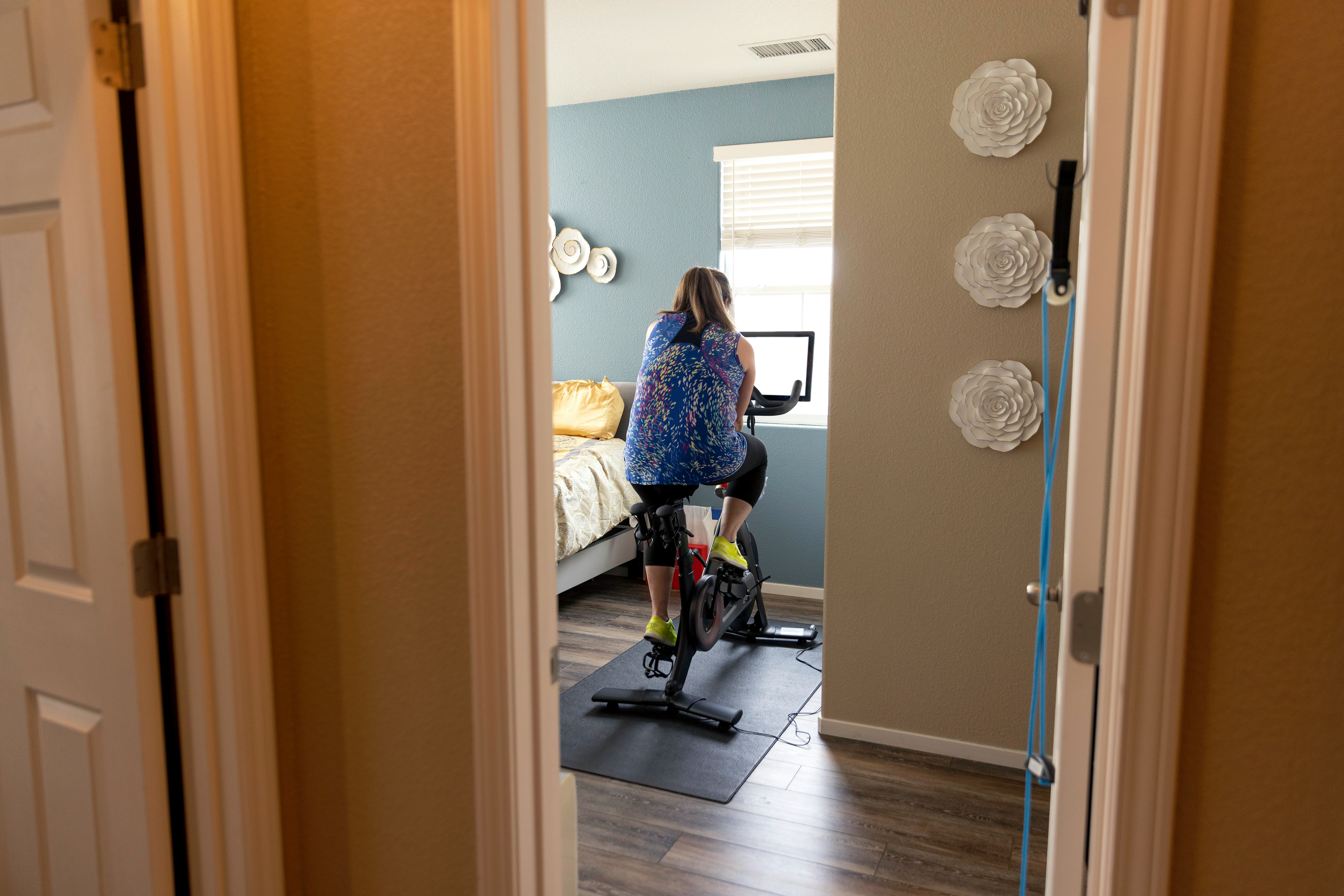
Obesity has been shown to increase one’s risk for a range of cancers, including that of the breast, uterus, gallbladder, kidneys, and thyroid. High body weight can lead to inflammation and elevated levels of insulin and sex hormones, factors that may lead to abnormal cell growth and death that is the starting point of cancer. Plus, obesity can interfere with immune system response.
But obesity and the main tool used to measure it, the body mass index, are both controversial. Some health experts think BMI (one’s weight in kilograms divided by their height in meters squared), is a simplistic and incomplete way to measure overall health.
Case in point: A study published in the International Journal of Cancer this month indicates that to reduce the risk for these “obesity-related cancers,” how much you exercise might be more important than how much you weigh.
Science in Action — The researchers took data from five cohort studies, all from Nordic countries that track participants’ health habits — including their frequency of exercise — and outcomes over a period of decades. In total, they analyzed health records from 570,021 people, some of them going back to 1972. On average, the subjects were followed for 20 years.
LONGEVITY HACKS is a regular series from Inverse on the science-backed strategies to live better, healthier, and longer without medicine. Get more in our Hacks index.
They separated them into four categories based on frequency and intensity of exercising: sedentary, light, moderate, and hard.
What constituted each level was complicated because the five studies from which they gathered data used different criteria and the authors tried to account for both frequency and intensity of exercise. Someone in the light category might do a non-demanding physical activity, such as walking. Hard exercisers might engage in competitive sports or an intense workout several times a week.

People who engaged in moderate or “hard” levels of physical activity had a lower risk of developing any cancer associated with obesity compared to those who were sedentary or did light physical activity.
What is interesting is that this association was similar between those in the “normal range” of the BMI index (less than 25) and those in the “overweight” (25 to 29.9) or “obese” (30 and higher) categories.
Why It’s a Hack — People with both a moderate or better exercise routine and a BMI of less than 25 had the lowest risk of obesity-related cancers of anyone, but a dedication to working out lowered the risk of cancer for people with all body types.
From the study:
In conclusion, our study showed a reduction in obesity-related, colon and renal cell cancer risk with moderate to hard leisure-time [physical activity]. Higher PA jointly with low-to-normal weight was associated with a further reduced risk contributed by both factors, but without evidence of an interaction. Collectively, these findings underscore the importance of PA in the prevention of obesity-related cancer irrespective of an individual's body weight.
How This Affects Longevity — As cancer rates in general decreased in the U.S., largely thanks to fewer people smoking and better treatments, the rate of new cancers associated with obesity increased by seven percent from 2005 to 2014, according to the Centers for Disease Control.
This of course coincides with the “obesity epidemic”; the percentage of the U.S. population obese on the BMI scale grew from 30.5 to 42.4 around the same period.
“these findings underscore the importance of [physical activity] in the prevention of obesity-related cancer irrespective of an individual's body weight.”
As for how obesity affects cancer risk, some evidence suggests one has to look beyond BMI. A Dutch study, published in 2018, came to a similar conclusion as this new one. In a cohort of 5,128 men, studied for 47 years, cardiorespiratory fitness was associated with a lower risk of cancer and death from cancer. BMI itself did not seem to change this risk.
Of course, all of these measurements interact with one another. Researchers have found that BMI can give some indication of other health conditions and frequency of physical exercise is one factor that influences BMI.
But cancer risk may be another area where BMI is not a complete picture.
Hack score — four out of ten racquetball appointments 🎾🎾🎾🎾







